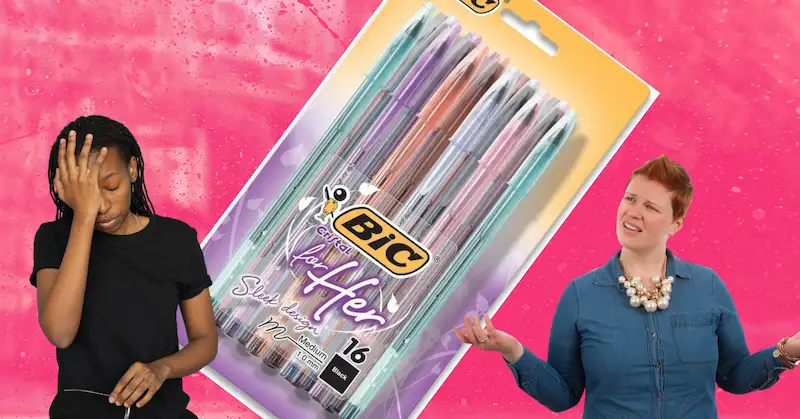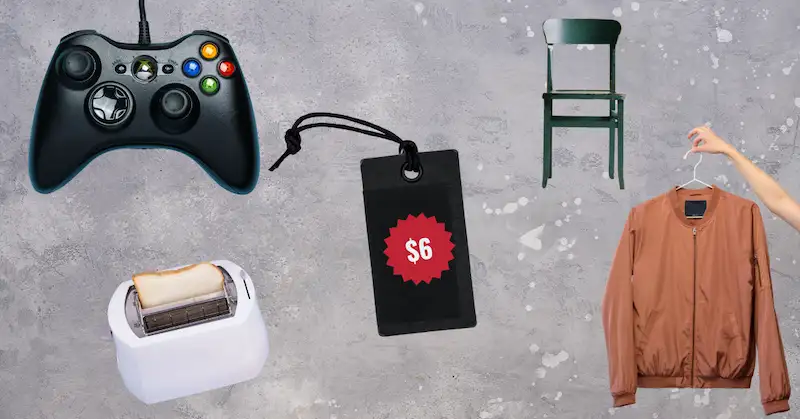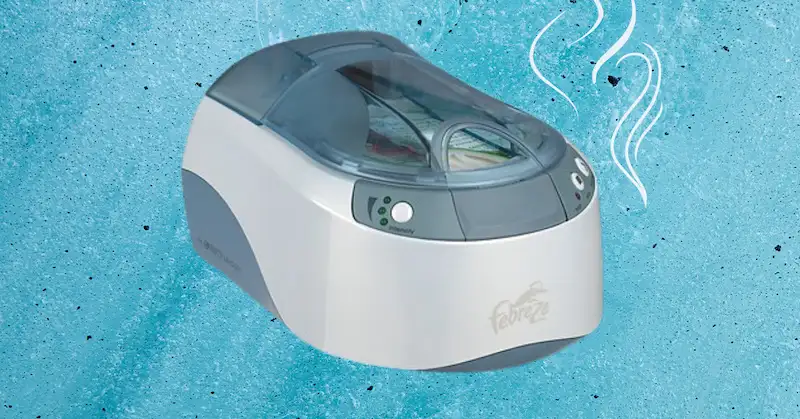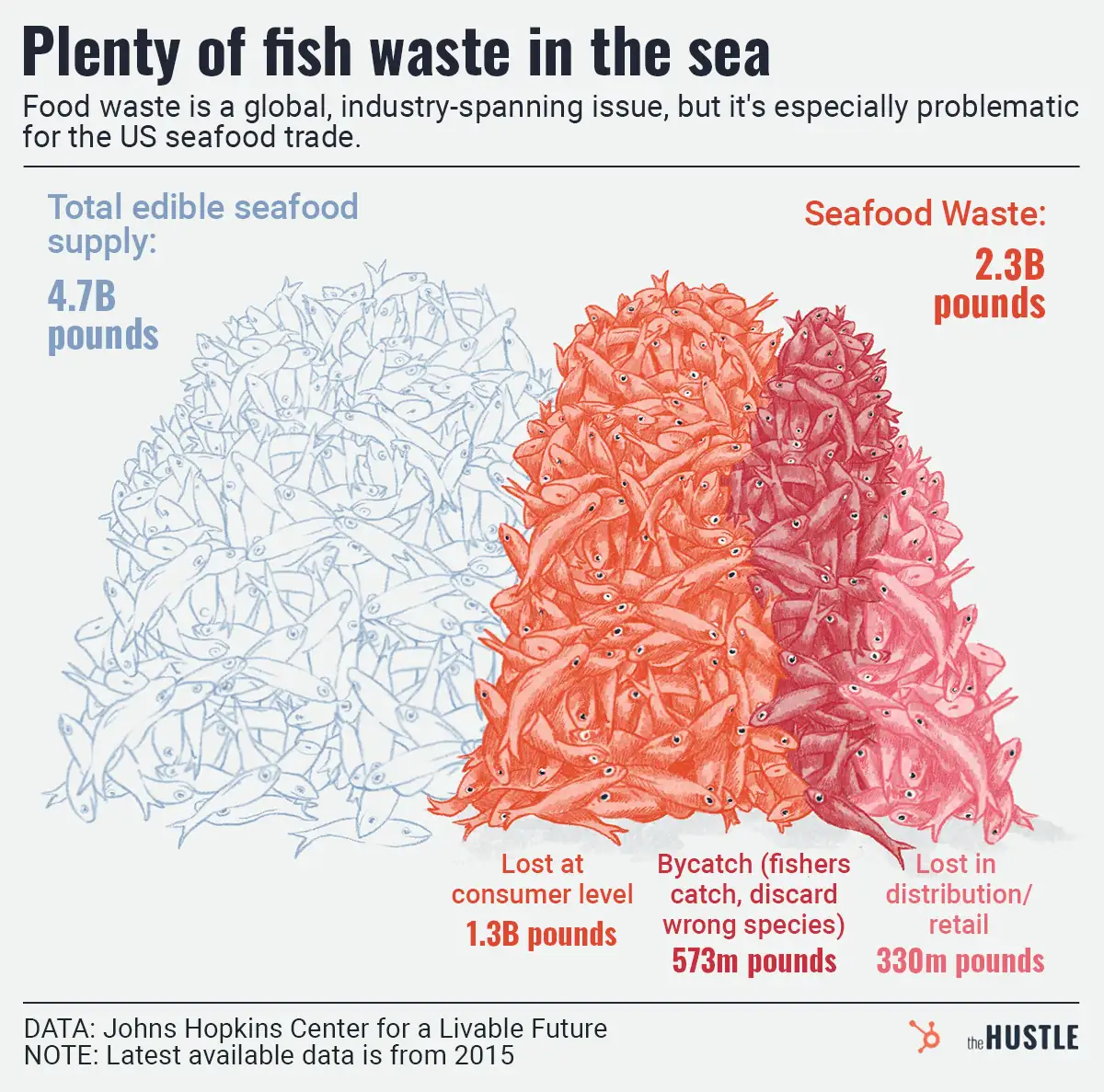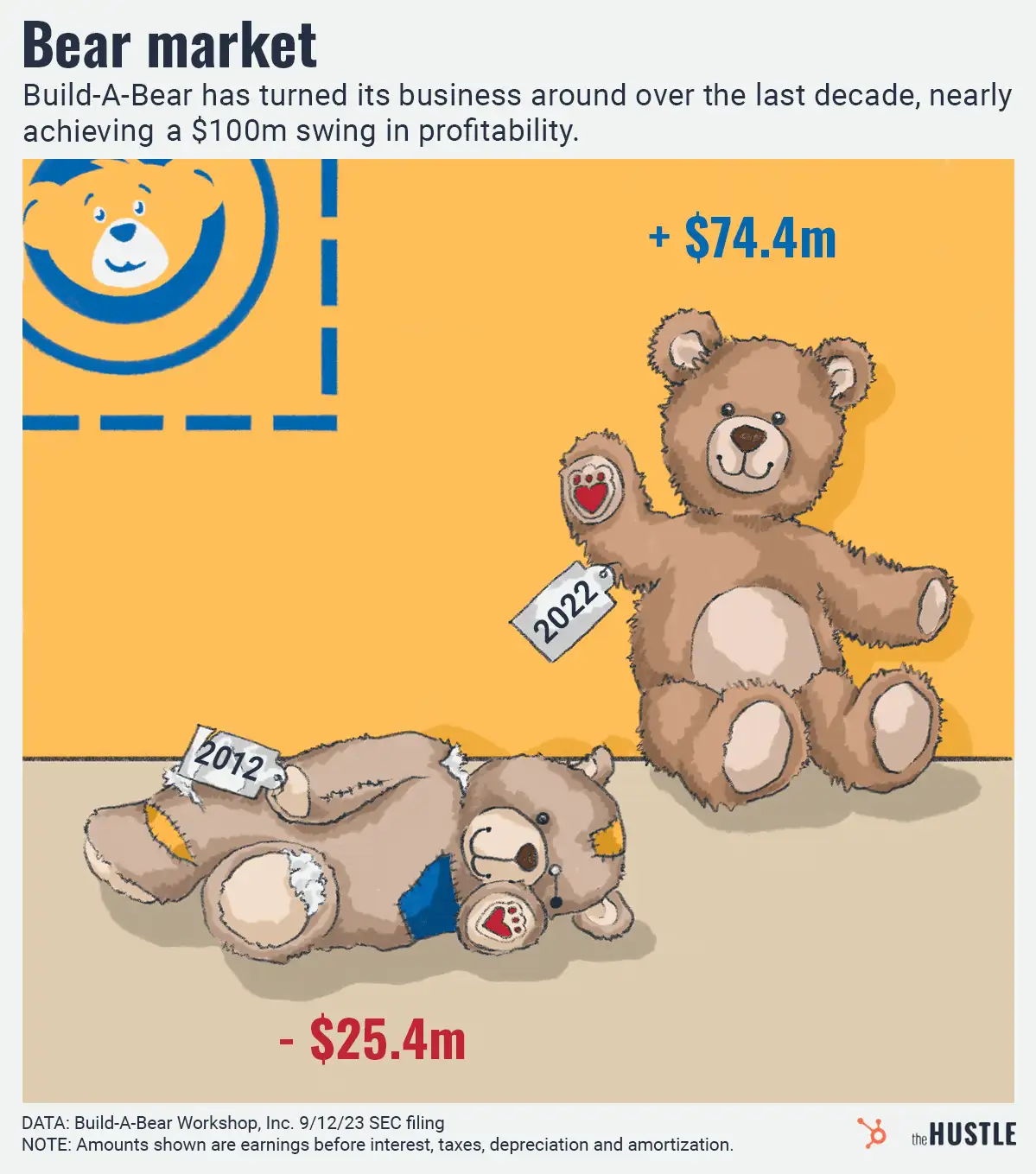Been to a CVS or a Target lately? Then you’ve probably encountered basic items, from toiletries to alcohol, in a locked case.
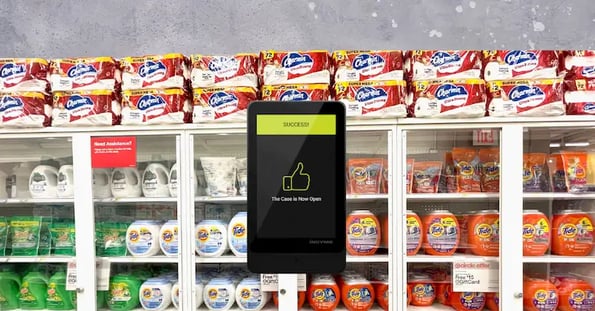
If you’re like me, you’ve decided to auto-order online versus wait for an employee to unlock the fluoride-enriched toothpaste your dentist recommends. But San Diego-based startup Indyme has a solution.
What’s that?
Freedom Case, a touch-screen device that works like this:
- Customers use their cell phone number, retailers’ apps or loyalty cards, or even facial recognition to open a case.
- The case monitors the shopper’s behavior and reports anything suspicious to staff.
Here’s a video of some guys using it for a gin and tonic and a shave.
What’s the point?
Retailers claim shoplifting is on the rise (though some of those reports may have been inflated). So, they’re locking up items they say are popular with thieves, including cosmetics, contraceptives, and baby formula.
But people hate them:
- According to Indyme CEO Joe Budano, cases can reduce store sales by 15%-25%.
- One study found that 71% of shoppers are less likely to make an in-store purchase if confronted with theft deterrent measures.
- Newer brands suffer when customers can’t inspect products.
- They’re a waste of time for employees working at already short-staffed retailers.
The Freedom Case could solve some of these problems by largely removing employees from the process while still protecting merchandise.
One shopper told the Associated Press that entering her phone number felt “invasive,” but if you’re feeling very private, Freedom Case will let you call an employee.
In June…
… the INFORM Consumers Act took effect, requiring online vendors to disclose info about third-party sellers that sell high volumes of consumer products — the likes of which might be stolen from retailers — or face $50k+ in fines per violation.
Maybe if that pans out we can go back to smelling all the deodorants at Walgreens.


